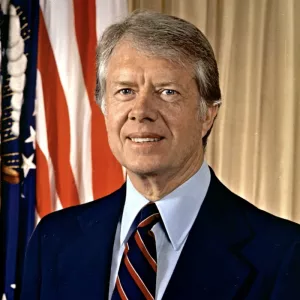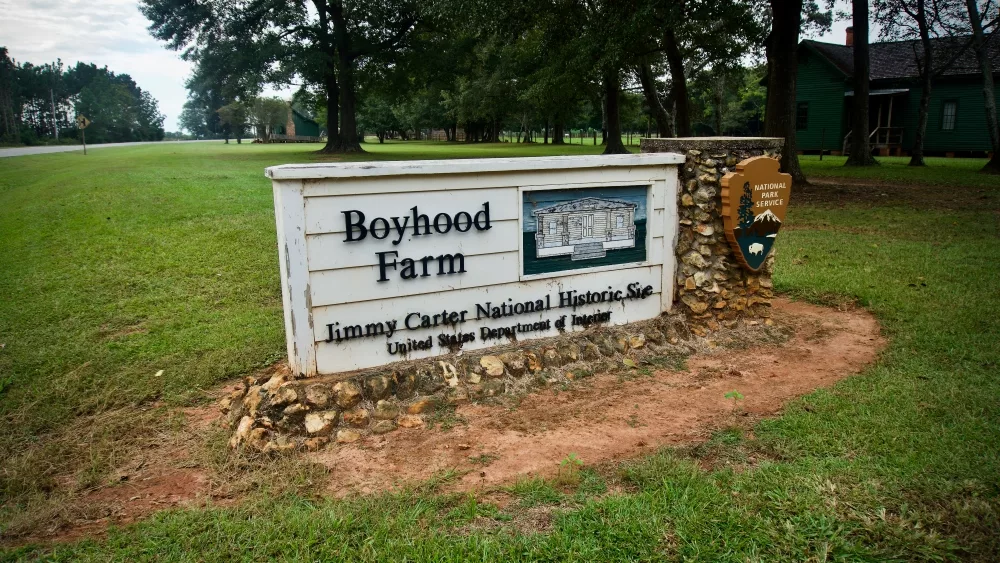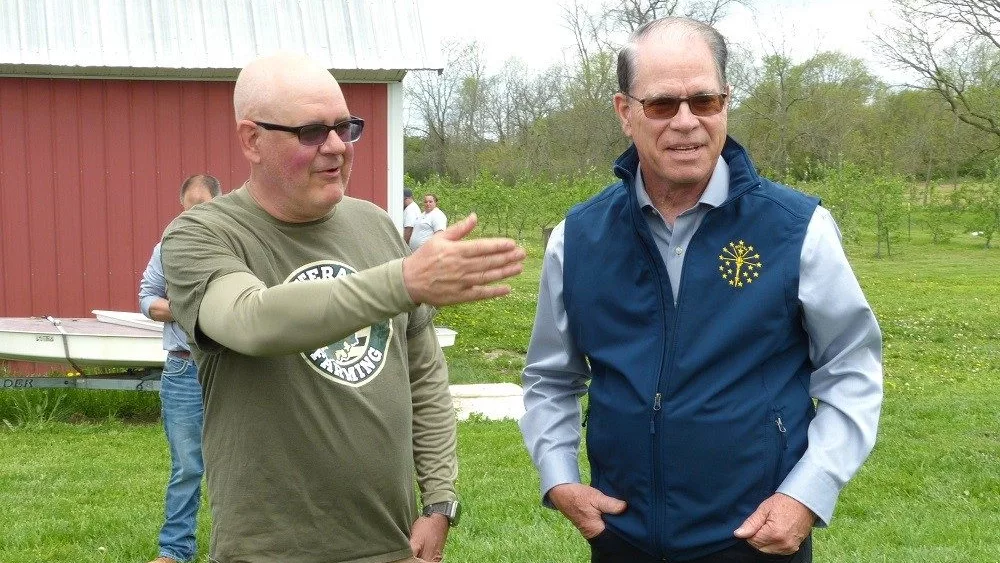Former President Jimmy Carter died Sunday. He was 100 years old. Our country’s 39th president, Carter started his long and storied life as a farm boy on his daddy’s peanut farm in Georgia.
“The barn was the center of our attention on the farm because all of our work was focused there.”
James Earl “Buddy” Carter Jr., the eldest of four children, was born October 1, 1924, in Plains, Georgia, a farming town about 150 miles south of Atlanta. The late President fondly remembered his boyhood days on the farm in his audio memoirs, preserved by the Plains Historical Preservation Trust.
“We caught the mules and horses early in the morning, took them to the field, hooked to wagons and plows. That’s where we brought them back at night, for feed and for watering.”
Jimmy Carter was one of just seven modern-day farmer presidents and 16 in total. He rose through the ranks to become a U.S. Naval officer, Georgia governor, and the first president from the Deep South since 1837. However, he never forgot his humble beginnings.
 “When daddy threshed oats and wheat, we had a threshing machine just behind the barn, and we would have a big pile of loose hay. We used to get a running start in the loft of the barn and leap out of the window and land on the soft pile of hay.”
“When daddy threshed oats and wheat, we had a threshing machine just behind the barn, and we would have a big pile of loose hay. We used to get a running start in the loft of the barn and leap out of the window and land on the soft pile of hay.”
Carter ran that farm after his father died in 1953 and went on to become a successful agribusinessman, politician, and later a Nobel prize-winning humanitarian.
While not always seen as a friend of farmers, as during his grain embargo of the Soviet Union, President Jimmy Carter will always be remembered as the humble peanut farmer from Georgia.
Farm Bureau President Zippy Duvall released a statement saying they join the nation in remembering Carter, saying his life is a testament to the potential within every American.
“We appreciate the perspective his rural roots brought to the White House and his post-presidential work to fight food insecurity and teach modern farming practices to developing countries. We express our condolences to his family, while celebrating the life of a man dedicated to public service.”
Source: NAFB News Service





